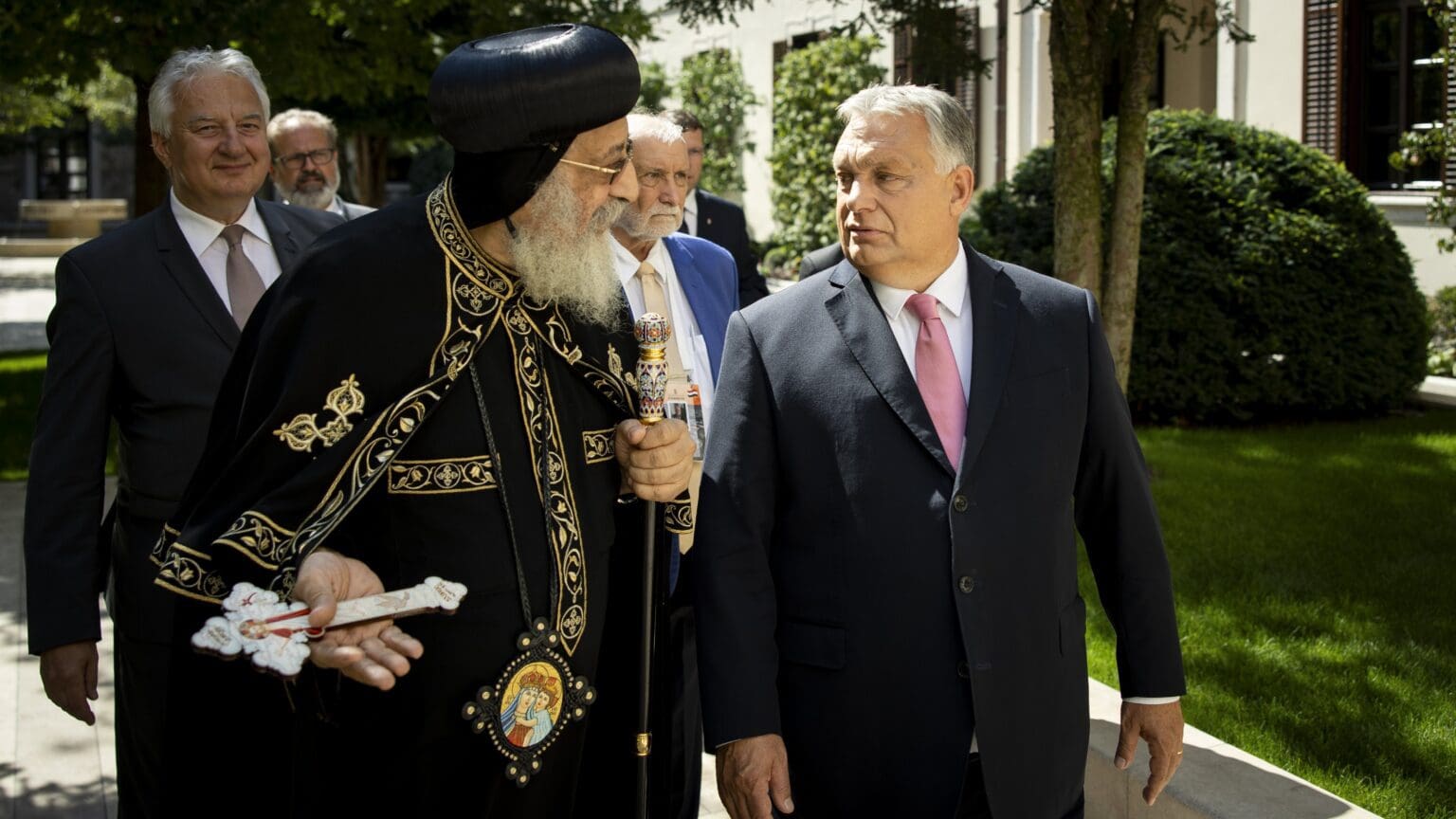
The roots of Christianity in Egypt can be traced back almost two millennia. Coptic Christians, who have their own distinct culture and language, have been living in the country since before the arrival of Muslim Arabs. For the most part, Muslims and Christians coexisted peacefully in Egypt until the mid-twentieth century, when things turned for the worse, due to growing radical Islamism and anti-Christian sentiments.

The 22-year-old Hungary National Team captain has played through all three Premier League games for his title-challenging Liverpool side this season. The British media is also impressed with his performance. It’s been a long time since a player from Hungary has played such a prominent role at such a prestigious club.

Dr Zijian Győző Yang of the Hungarian Research Centre for Linguistics stressed in a recent interview that Hungarian researchers are lucky that in Hungary, more and more research institutes have access to large supercomputers. His institute also recently acquired such a supercomputer, which enabled the Hungarian researchers to compete with their international rivals.

‘The time has come when the Hungarian Defence Forces are once again embracing this intellectual legacy, taking charge of preserving the Hussar tradition, allowing the Hungarian Hussar to finally find his way back to where the heroes’ memory is honoured with respect and appreciation,’ the Hungarian defence minister said at the biannual Hussar Gathering in Nyíregyháza.

In the new, 2024 Disney adaptation of the classic fairy tale, Snow White will be played by Latina actress Rachel Zegler despite her name and the former popular depictions of the princess. The dwarfs are also removed due to ‘ableism’. The Disney Corporation has been putting out some ‘woke’ films lately, and it seems it’s not going well for them in the box office.

When it became evident that the War of Independence was lost, Prime Minister Bertalan Szemere and his men buried the Holy Crown and the other coronation regalia near Orsova (Orșova) in August 1849, to prevent the Habsburgs from laying their hands on them. The crown jewels were only found in September 1853.
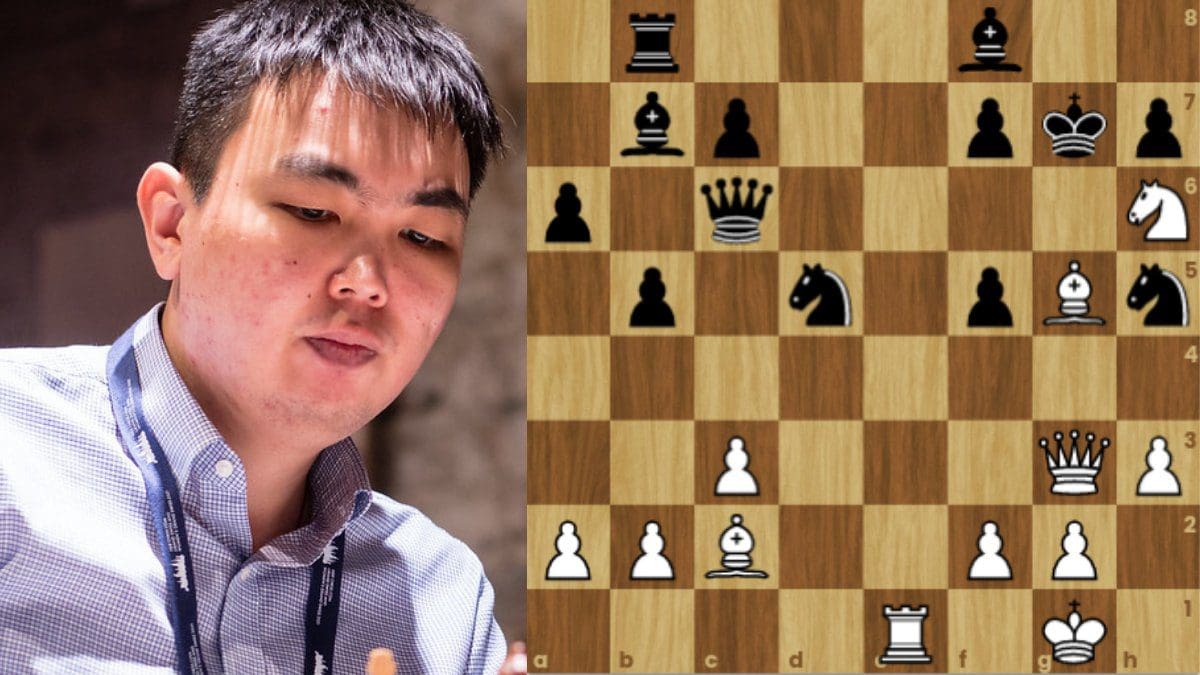
Sanan Sjugirov, a distinguished Russian chess grandmaster, ranked 31st in the world with an Elo rating of 2705, is changing his sport nationality to Hungarian to be able to compete in European tournaments.
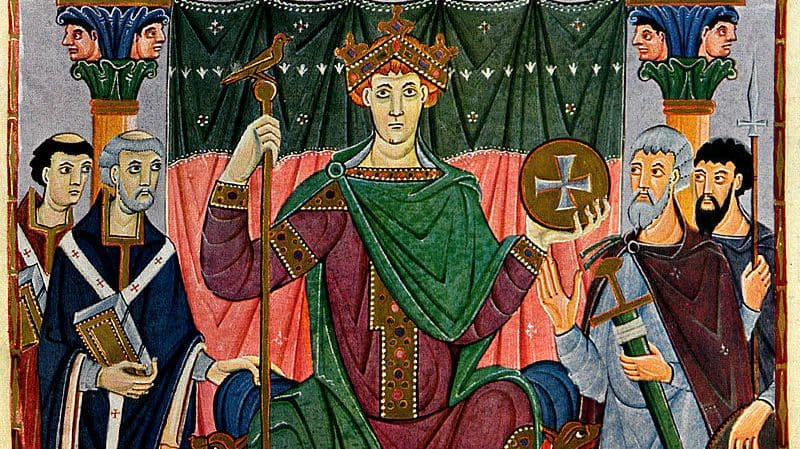
The year 1000 is not only memorable for Hungarians: at the turn of the first millennium, unexpected events took place in the whole of Europe, including on the fringes of the continent barely touched by Latin Christianity, in Poland and Hungary, where Christian conversion had been going on for years.

In recent years, the number of German citizens moving to Hungary permanently, not only for holiday, study or work, has been increasing. The motives behind this phenomenon are often personal, but they also stem from certain realities of German society.

During the filming, the twenty stars and the 200-member crew managed all hospitality-related tasks independently over twenty-one days, from sourcing ingredients to preparing dishes and serving. This allowed Chinese fans travelling to Hungary encounter their favourites while shopping for food.
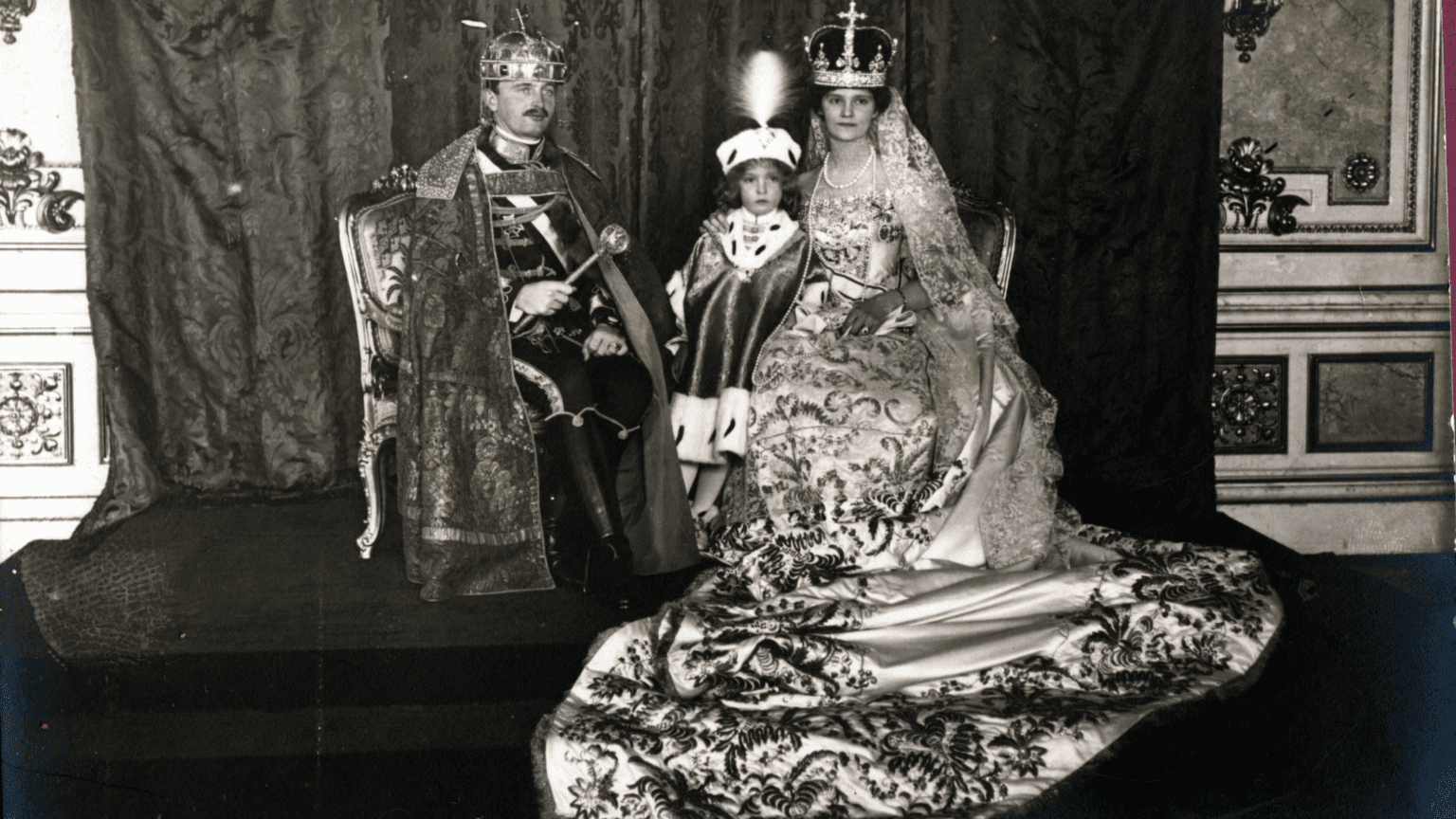
The coronation ceremony of the Kings of Hungary was a highly formalised and strict ritual, which conferred sovereignty onto them via the Holy Crown. It represented the bond between king and nation, and the monarch’s duty to uphold the laws, customs, and liberties of Hungary.
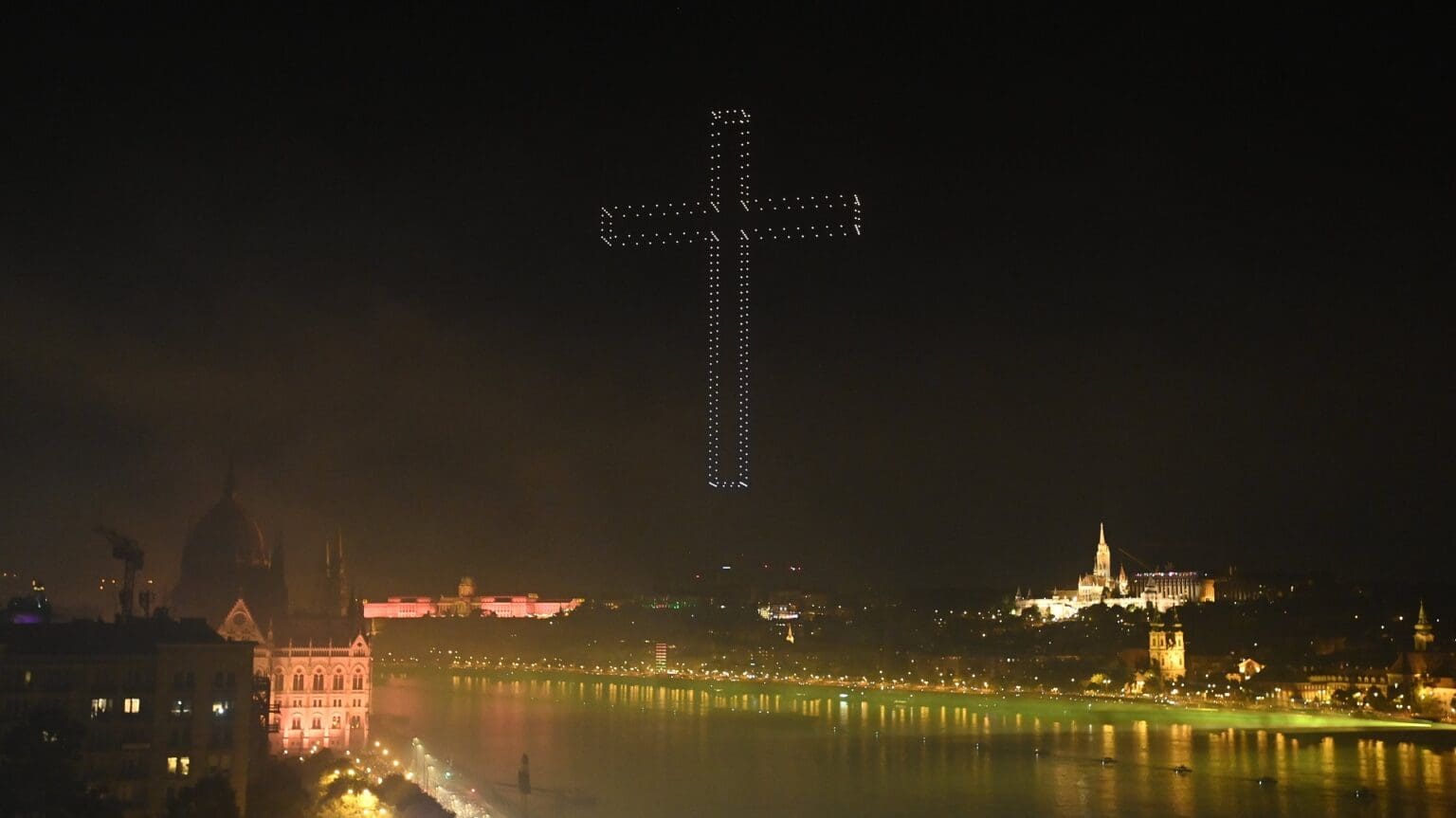
Many people of faith have taken to X to share their appreciation for the 20 August displays of religious imagery at the fireworks and lights show. They include Dutch political pundit Eva Vlaardingerbroek and American columnist Rod Dreher.

Norbert Lobenwein, one of the founders of the festival, stated that despite preparing for survival before the season, the Strand Festival started its first day with a full house and a lot of people are expected for the weekend as well.
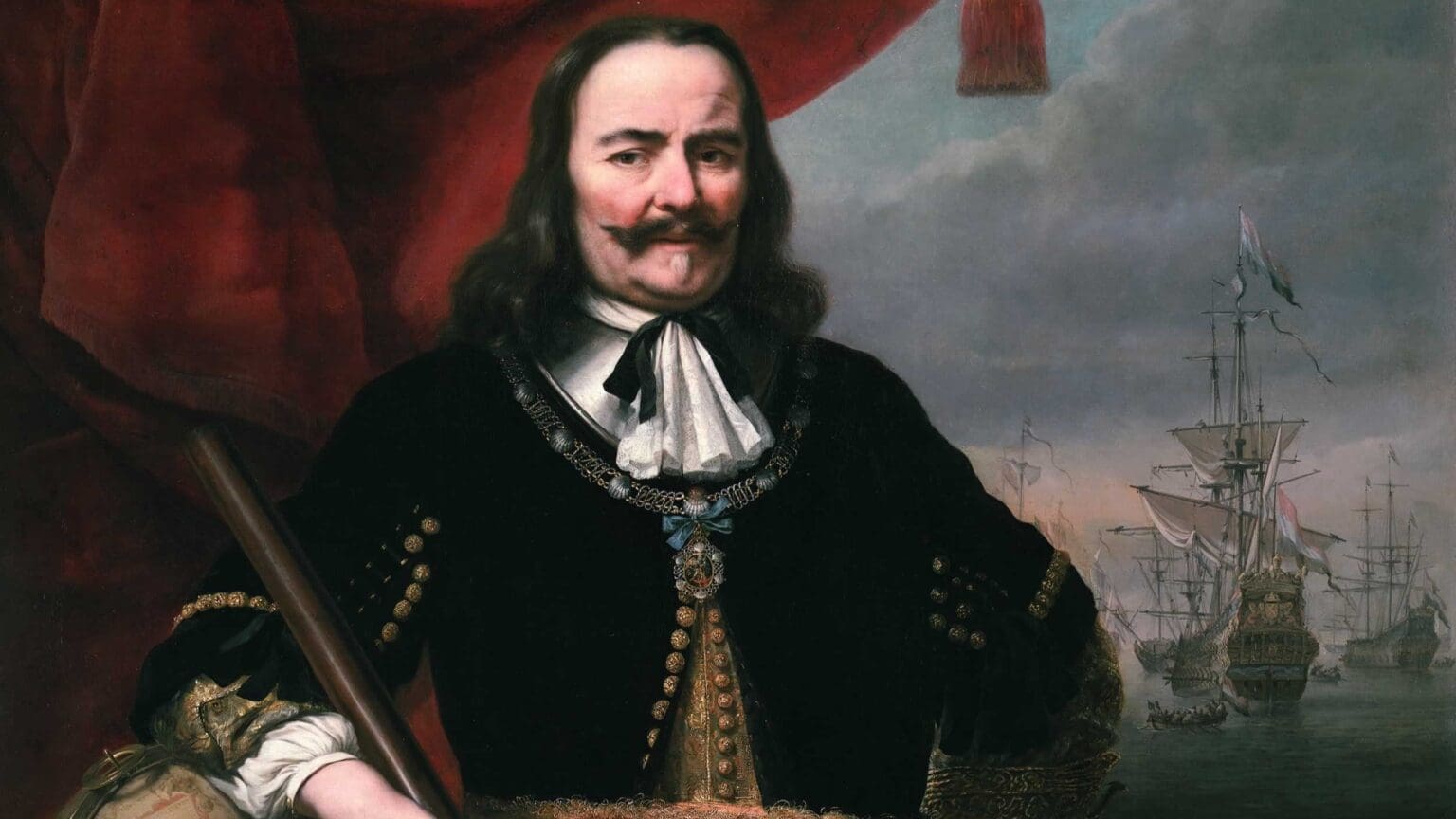
The Habsburg Court regarded Protestantism simply as the ideological expression of the nobility, that is, the ‘spirit of rebellion’. In addition, it was part of the absolutist thinking of the era that only a mono-religious country could be politically united.

Taking stock of the Budapest Athletics World Championships on Day 5: record-breaking spectator numbers, a Hungarian bronze, and amazing competitions.

In the latest episodes of the Reflections from Budapest podcast, Director of the Middle East Action Team at the Religious Freedom Institute Jeremy P. Barker explained that their work aims to promote religious freedom rights for everyone everywhere, recognising and hoping that includes even the smallest and most persecuted religious minorities, whether that’s Christians or Yazidis in the Middle East, or Uyghurs in China and others.

As video games have become an intrinsic part of culture today, it is worth exploring how Hungary and Hungarians are represented in what can be considered an entertainment industry product but also an influential art form.
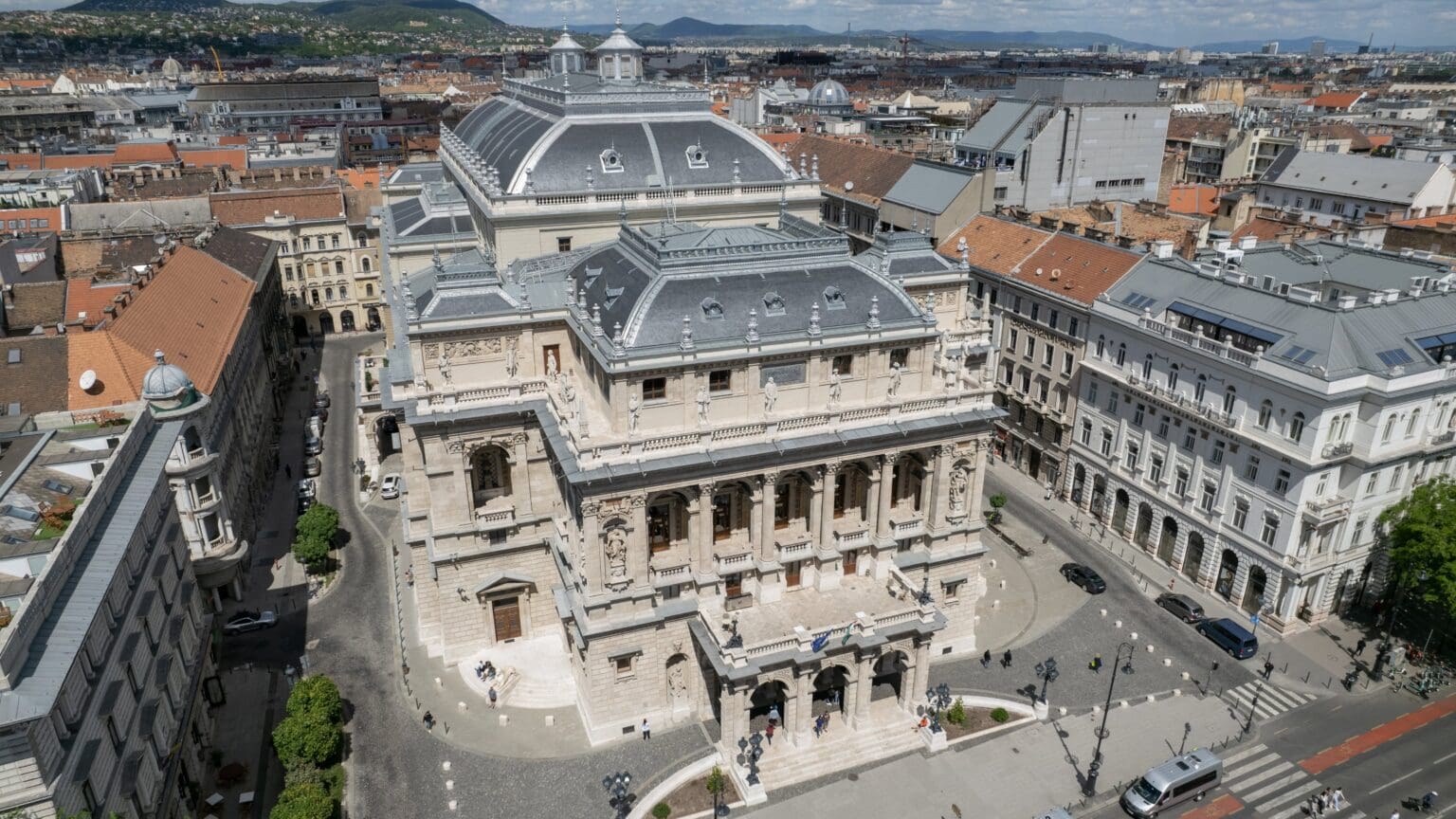
The high attendance rates of the plays and the frequent standing ovations confirmed the State Opera House’s expectations that it is worthwhile to stage popular pieces from the operatic literature in classic performances with an air-conditioned auditorium in the summer. The July–August performances of the the first full summer season of the Opera were favoured by both tourists and locals from the capital city and the countryside.

The leading political pundit in the US, Tucker Carlson, visited our country again on 22 August 2023. The internationally influential commentator gave a speech at the widely successful MCC Feszt After event at Millenáris Park in Budapest. His speech—in accordance with the traditions of MCC Feszt in Esztergom—was preceded by panel discussions tackling the important issues of our day.
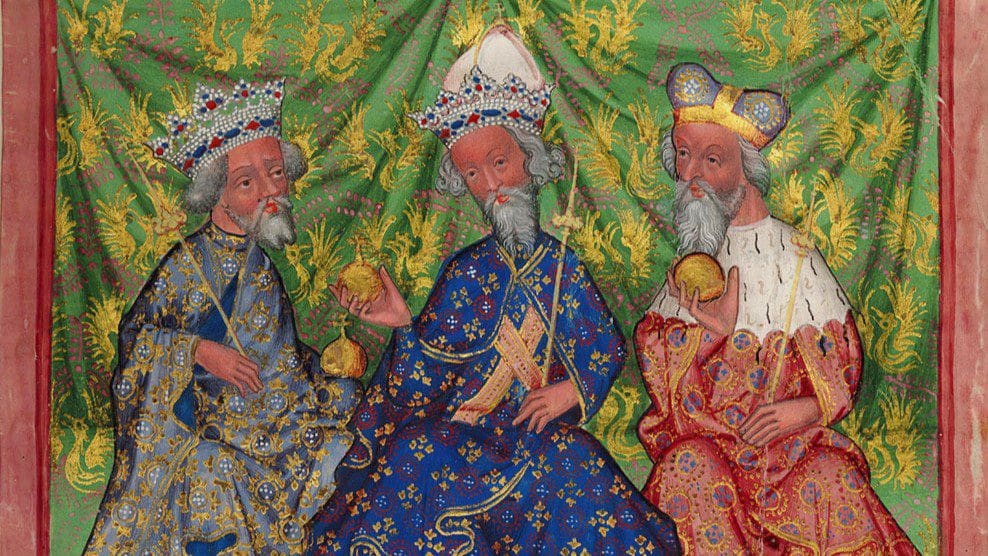
Czech toponyms that include the adjective ‘Hungarian’ allude to the historical, centuries-old relationship between Hungary and Czechia that has not always been perfect, but nonetheless close. This is a region where the fates of the two countries were intertwined for a long time—the Bohemian–Hungarian frontier.

From September onwards, the Rákóczi Association will operate 58 school buses in Transylvania, helping more than 720 ethnic Hungarian children reach school in 48 settlements. The operation of the buses will cost 231 million forints per academic year, which will be covered by the Hungarian state, thus school attendance will impose no financial burden on the families or schools.
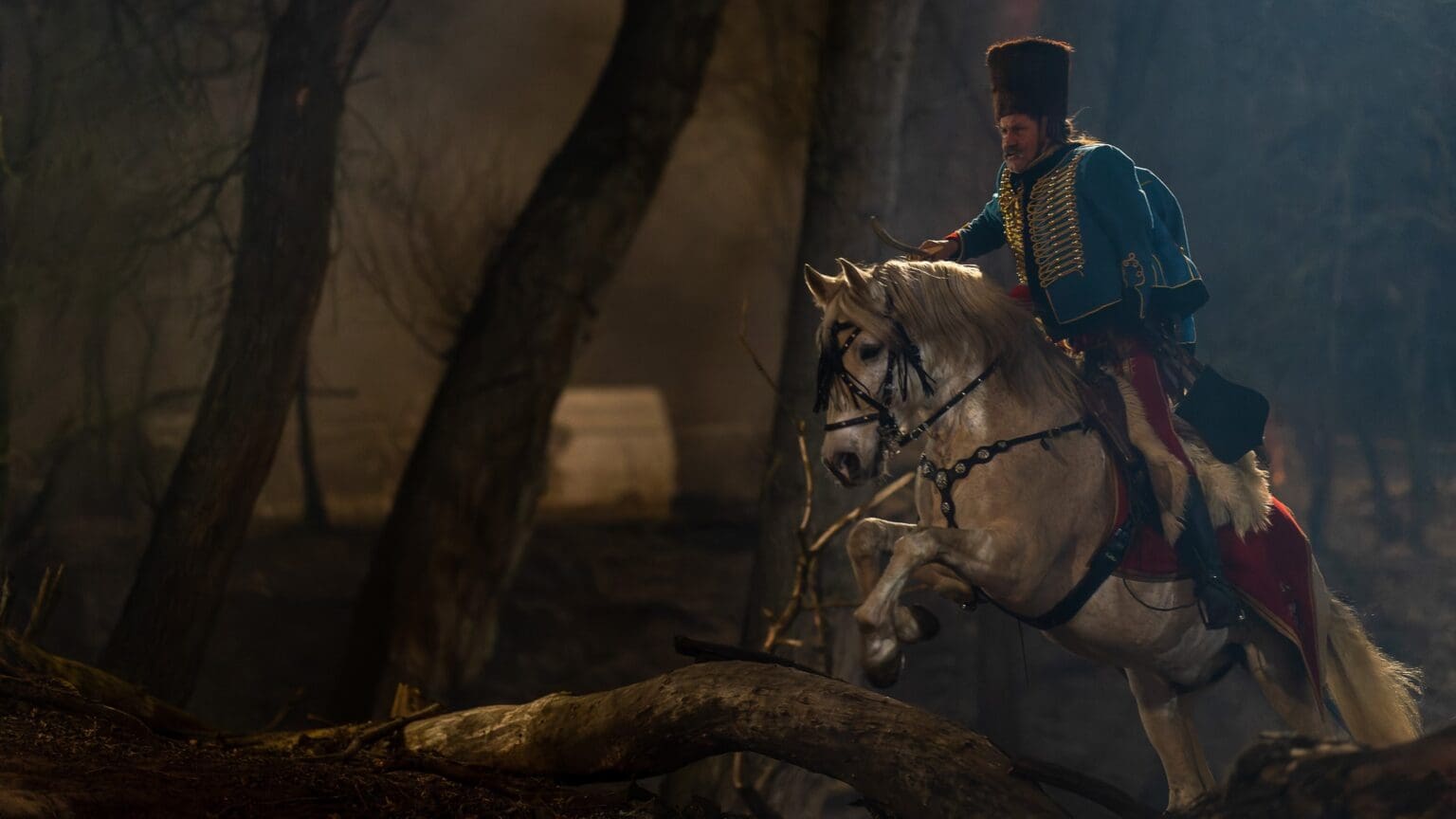
Hungarian cinemagoers have been craving enjoyable historical films for a long time. Finally, Hadik arrived, which, although not faultless, is a great example of the genre well done.

Our nation marked the 1023rd anniversary of the foundation of its state. Celebratory events were held all across the country, from Esztergom to Debrecen, with the greatest festivities taking place in the capital city of Budapest. There, the holiday crowd was treated to an Air Show by the pilots of the Hungarian Air Force and Europe’s largest fireworks and lights show, among other things.
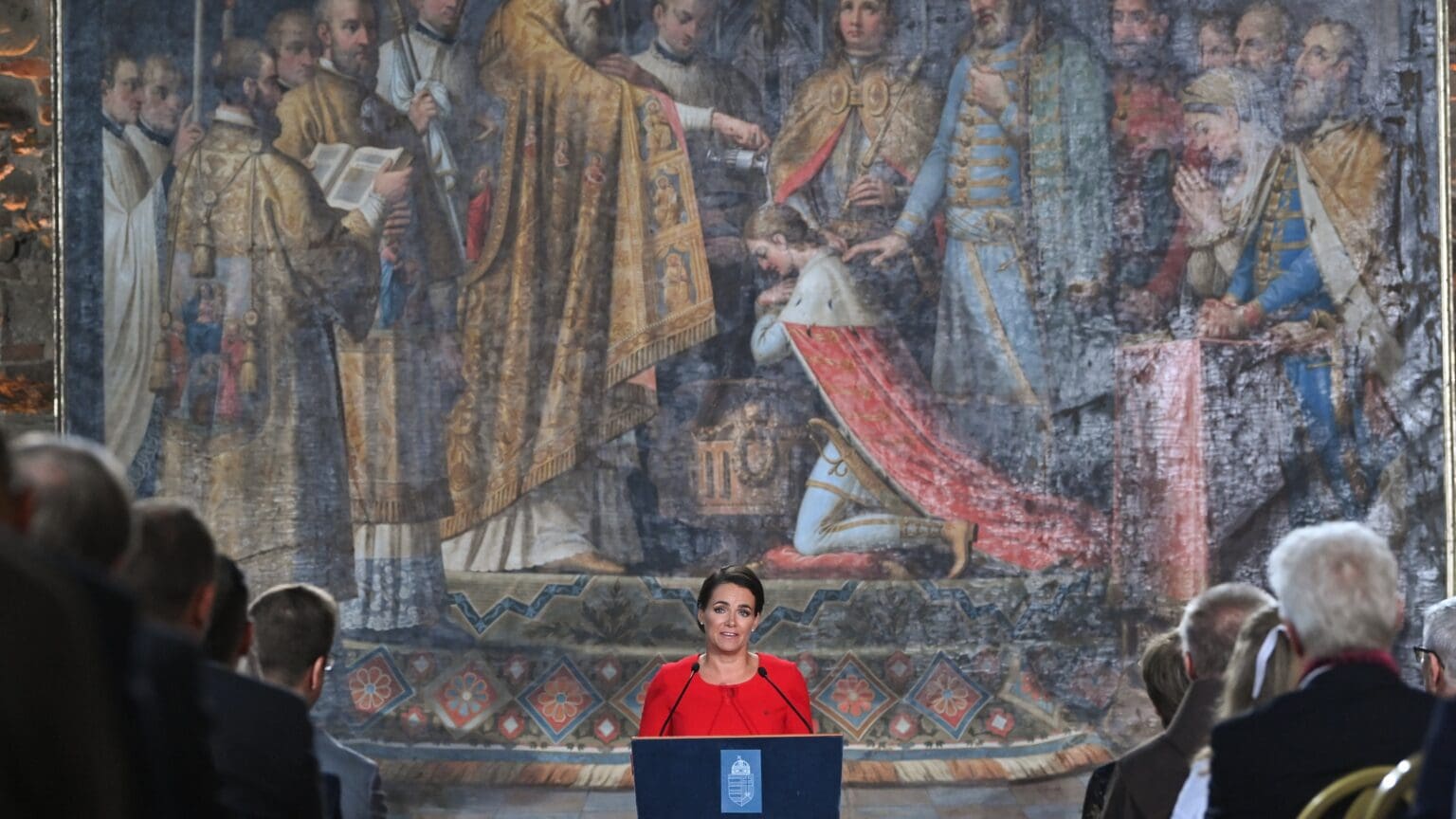
In her remarks before she presented the highest Hungarian state awards on the occasion of the 20 August national holiday, President of the Republic Katalin Novák stated: ‘We need role models with whom we speak the same language, with whom we share a common history, who are like us, yet more and better than us, whom we can look up to while recognising ourselves in them.’

The spirit and dedication to God of Cardinal Duka were not broken when in prison as an underground clergyman—he kept conducting masses for his prison mates that he disguised as occasions of a chess club. A couple of years ago, in an interview with Mandiner, he said: ‘My personal experience is, as someone who also suffered imprisonment for the sake of justice, is that the question often arises: “who is really the prisoner?”. It was not clear whether it was us or those who were looking at us from the other side of the bars.’

It could be argued that modern tools and methods are part of what shapes the outcome of war, but not the decisive factors, as they have not brought about the drastic change in the pattern of war that many expected.
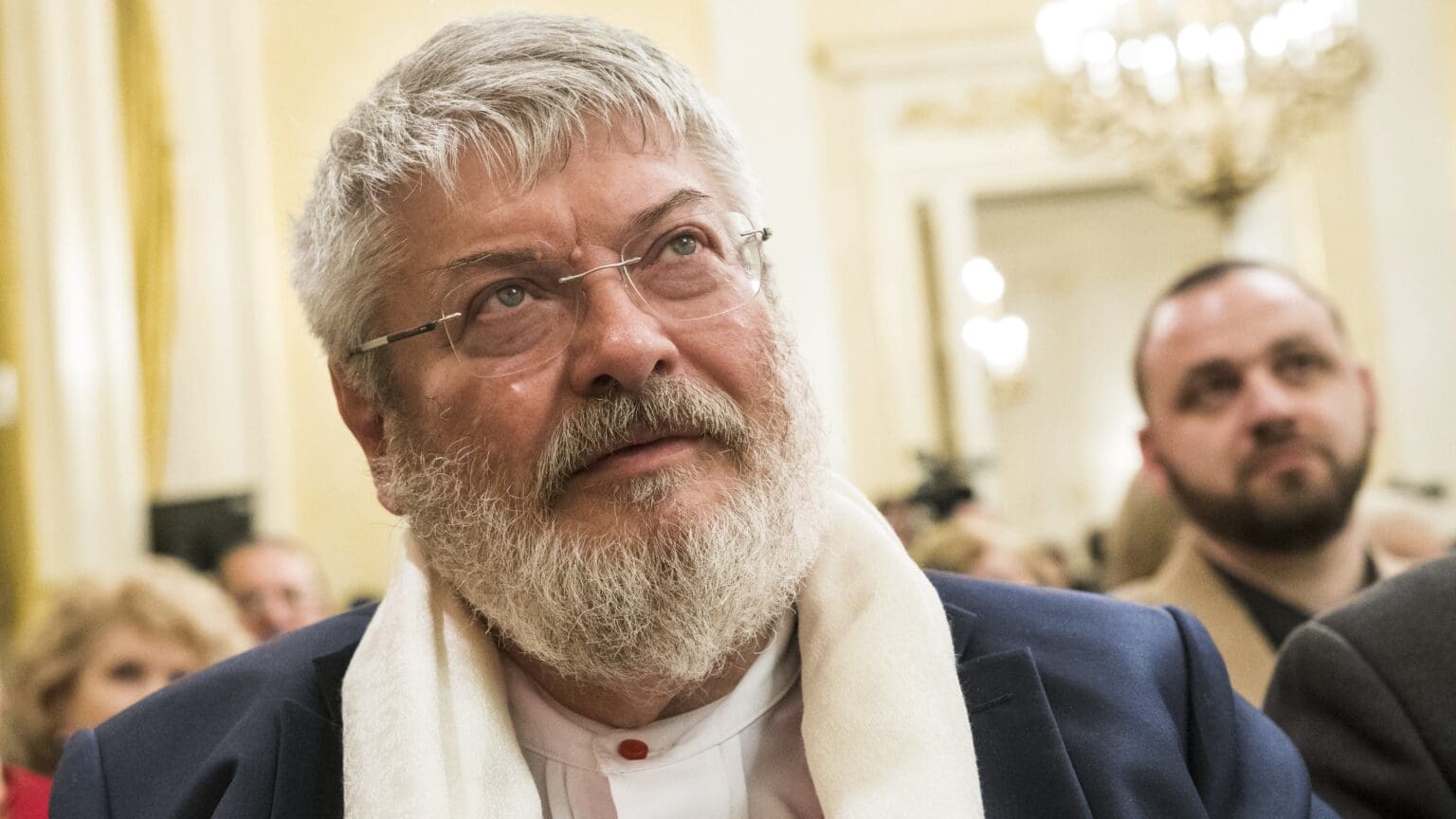
Géza Szőcs, a Transylvanian Hungarian poet, writer, public intellectual and politician, who resisted the oppression of the Romanian communist dictatorship, was born exactly 70 years ago today.
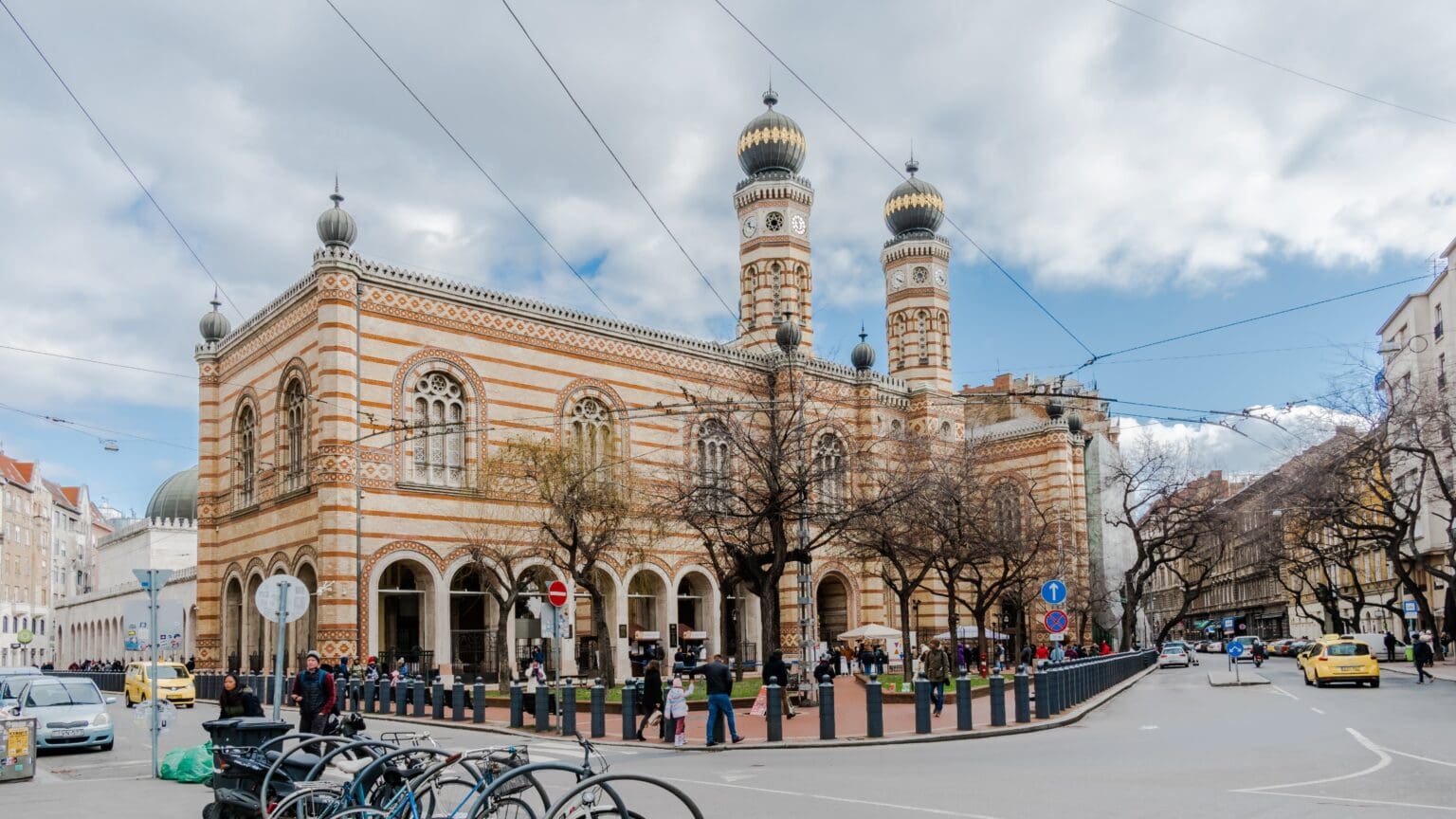
National anniversaries, especially 15 March, were regularly celebrated in the Dohány Street synagogue. Mourning services were also held on the occasion of the passing of great Hungarian statesmen. In addition to the regular services, the synagogue also hosted a number of special events. On 20 December 1860, a ‘Jewish–Hungarian brotherhood’ ceremony was held, attended by statesmen, scholars, writers and artists, and for the first time, the Szózat was sung in a Jewish synagogue. On 8 April 1861, a memorial service was held for István Széchenyi, and in 1894 for Lajos Kossuth.
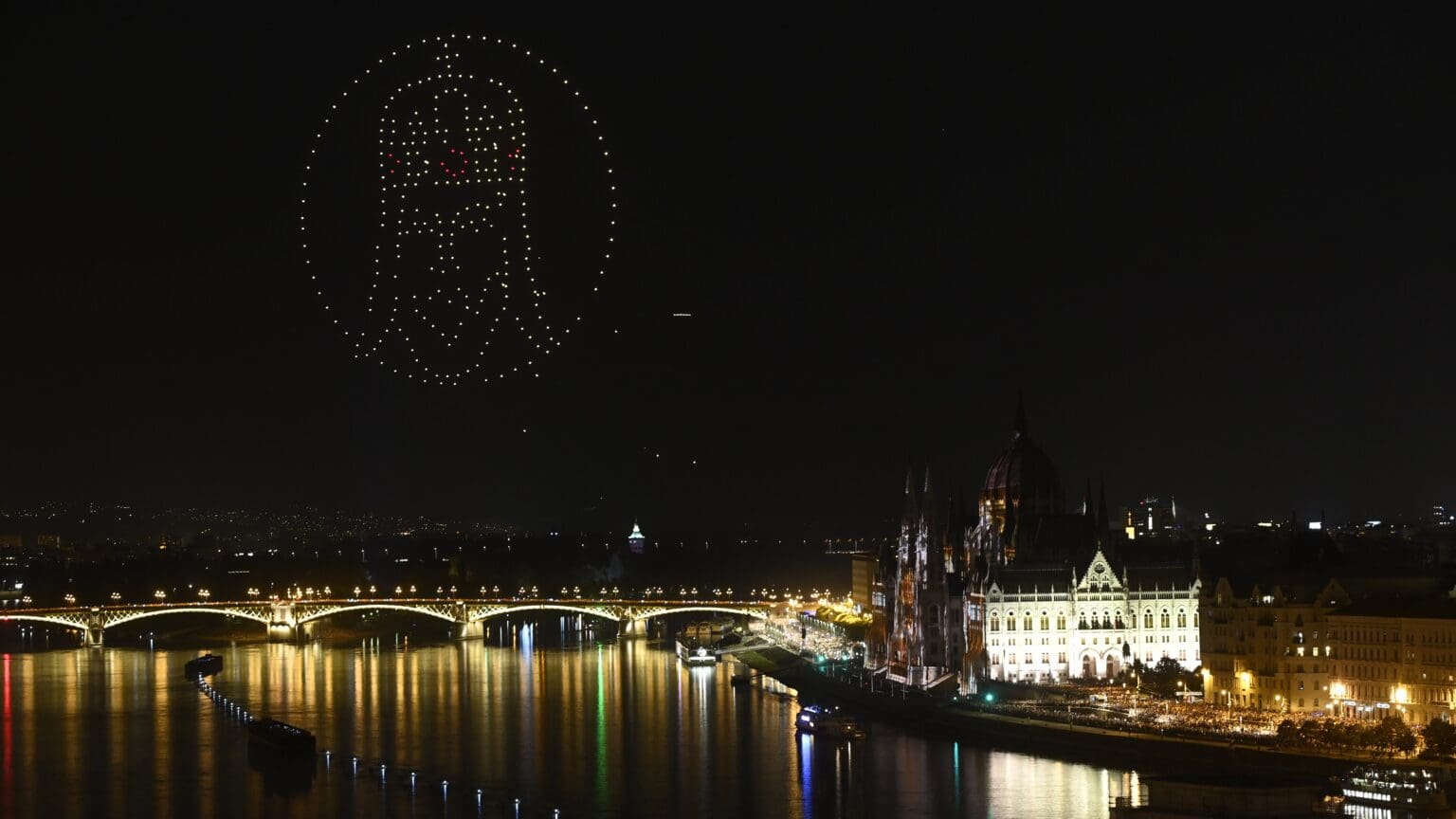
King Saint Stephen’s ‘Admonitions’, with more than half of its chapters addressing Christian faith and the church, transcends legal and religious realms, potentially safeguarding familial unity for generations.
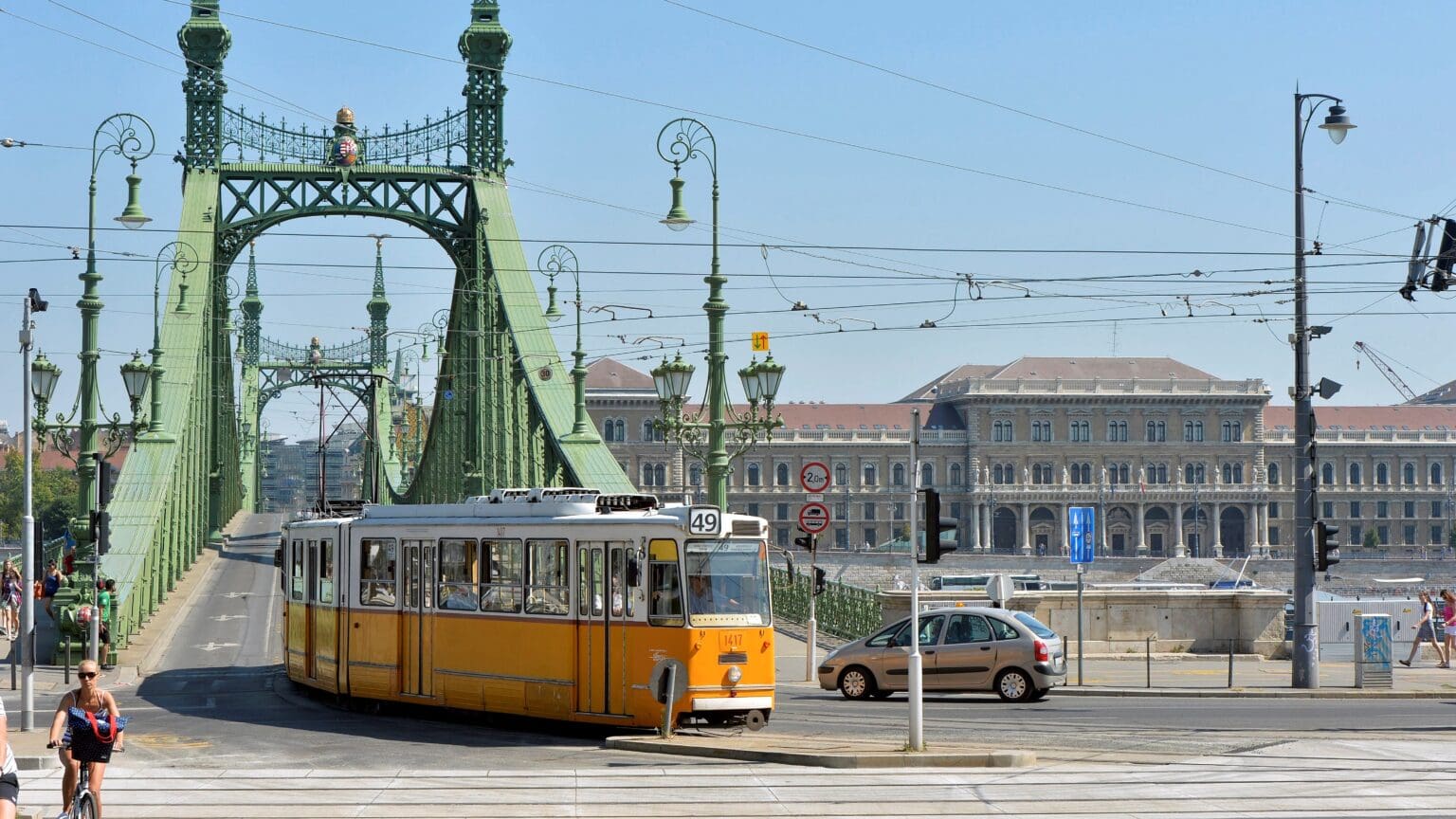
As all the Danube bridges were destroyed by the retreating Germans, tram service could start again between the two sides of the city over Liberty Bridge only on 20 August 1946.

Hungarian Conservative is a quarterly magazine on contemporary political, philosophical and cultural issues from a conservative perspective.